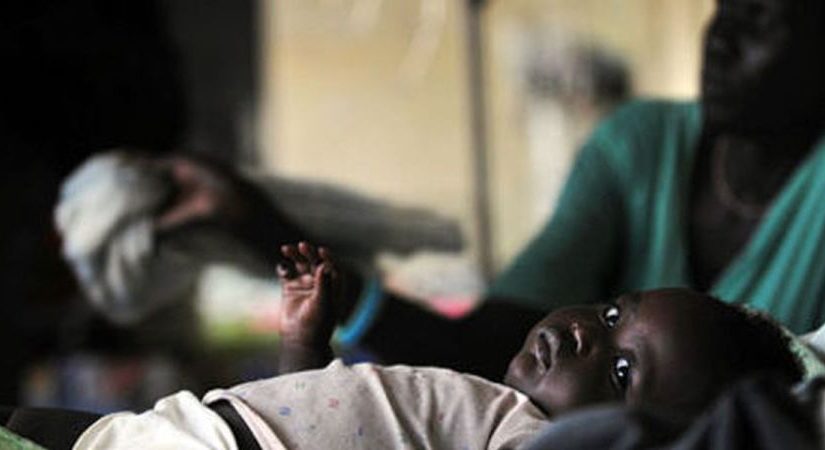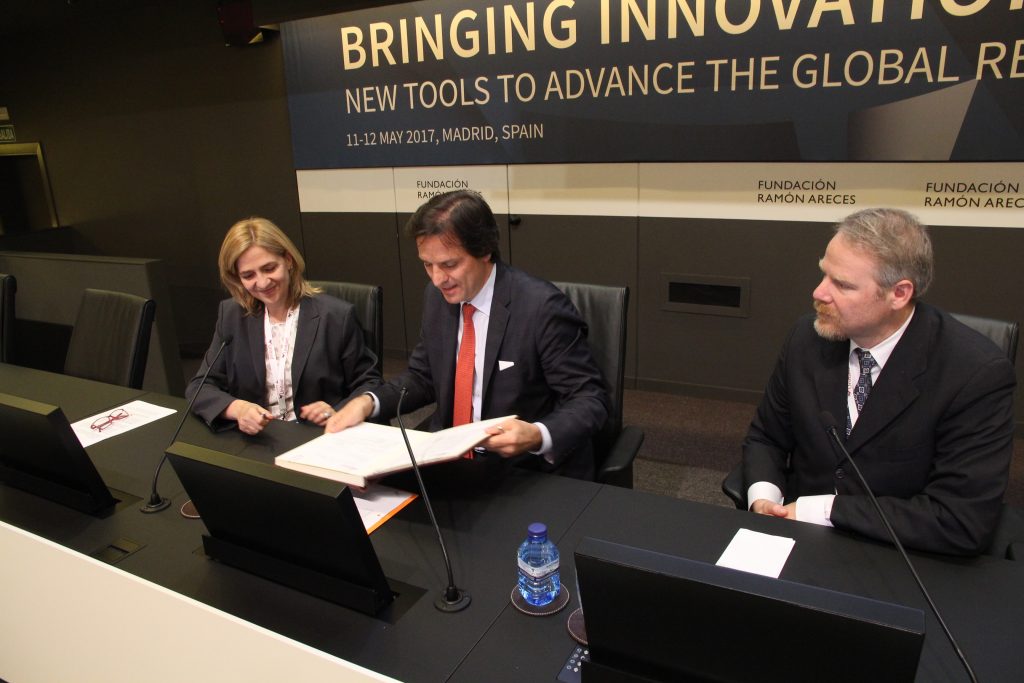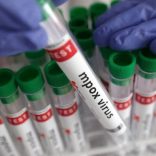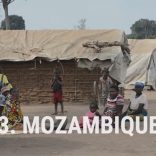Mozambique: New tech boosts Criminal Investigation Service’s anti-drug trafficking operations
Ten million dollars to fight Malaria in pregnancy

TVM (File photo)
Lelio Marmora, the Executive Director of Unitaid, an international body that works closely with the World Health Organisation (WHO), said in Maputo on Monday that ten million US dollars will be invested in combating malaria among pregnant women.
He was speaking at the launch of the programme TIPTOP (Transforming Intermittent Preventive Treatment for Optimal Pregnancy), which is projected to reach about 100,000 pregnant women in Mozambique.
Malaria is a major threat to pregnant women and their babies. According to the survey of 2015 on Indicators of Immunisation, Malaria, HIV/AIDS in Mozambique (IMASIDA), more than 28 per cent of pregnant women are infected with malaria.
To make matters worse, most pregnant women seek ante-natal services late in their pregnancy, which contributes to low coverage of Intermittent Preventive Treatment of malaria. The IMASIDA survey showed that less than 25 per cent of women received three or more doses of sulfadoxine-pyrimethamine (SP) during their last pregnancy. This is the drug recommended by WHO for use in IPT, often sold under the brand name Fansidar.
Through the TIPTOP project, community health workers, health volunteers, traditional midwives and community counsellors will administer SP at the community level, increasing the number of pregnant women accessing antenatal services.
The programme is scheduled to last for five years in Mozambique, and it is hoped that the correct use of SP by the community health workers will lead to a reduction in maternal mortality.
The project also covers Madagascar, Nigeria and the Democratic Republic of Congo, for a total budget of 50 million dollars, with 10 million dollars earmarked for Mozambique.
Speaking at the Monday ceremony, Health Minister Nazira Abdula said TIPTOP will be implemented first in Nhamatanda district, in the central province of Sofala, and will then be expanded to Meconta and Rapale districts in Nampula, in the north.
“Community mobilisation will be undertaken”, she said, “with the selection and involvement of community structures, and training, implementation, monitoring and research to demonstrate results prior to later large scale implementation”.

“This project should also be used as an opportunity for increased use of ante-natal services in the health units, increased IPT coverage, and improved management of medicines”, Abdula added.
“The launch of the TIPTOP project, which we are witnessing today, is a recognition of the importance of preventing malaria in pregnancy worldwide, at a time when there is a global call for the need to accelerate the implementation of actions in order to achieve the goals set out in the Global Malaria Strategy 2016-2030 and the Sustainable Development Goals 2016-2030”, declared the Minister. “This also presents an opportunity to mobilise other sectors and partners to commit resources to improving the health of women and children”.
Jhpiego, an affiliate of the Johns Hopkins University of the United States, will oversee and manage the project in partnership with the Mozambican local governments. Jhpiego has partnered with the Barcelona Institute for Global Health (ISGlobal), which will lead the research and evaluation components of the project.
About Jhpiego
Jhpiego, an international nonprofit health organisation affiliated with the Johns Hopkins University, has worked for 45 years to empower frontline health workers by designing and implementing effective, low-cost, hands-on solutions to strengthen the delivery of health care services for women and their families.
About ISGlobal
The Barcelona Institute for Global Health (ISGlobal), the result of an innovative alliance between the “la Caixa” Foundation, academic institutions and government bodies, was set up to contribute to the work undertaken by the international community to address the challenges of health in a globalized world.
About Unitaid
Unitaid is an international organisation that invests in new ways to prevent, diagnose and treat HIV/AIDS, hepatitis C, tuberculosis and malaria more quickly, more cheaply and more effectively. It accelerates access to innovation so critical health products reach people who most need them. Unitaid’s work allows large-scale introduction of health products through funding by the Global Fund, the United States President’s Emergency Plan for AIDS Relief (PEPFAR) and governments.












Leave a Reply
Be the First to Comment!
You must be logged in to post a comment.
You must be logged in to post a comment.